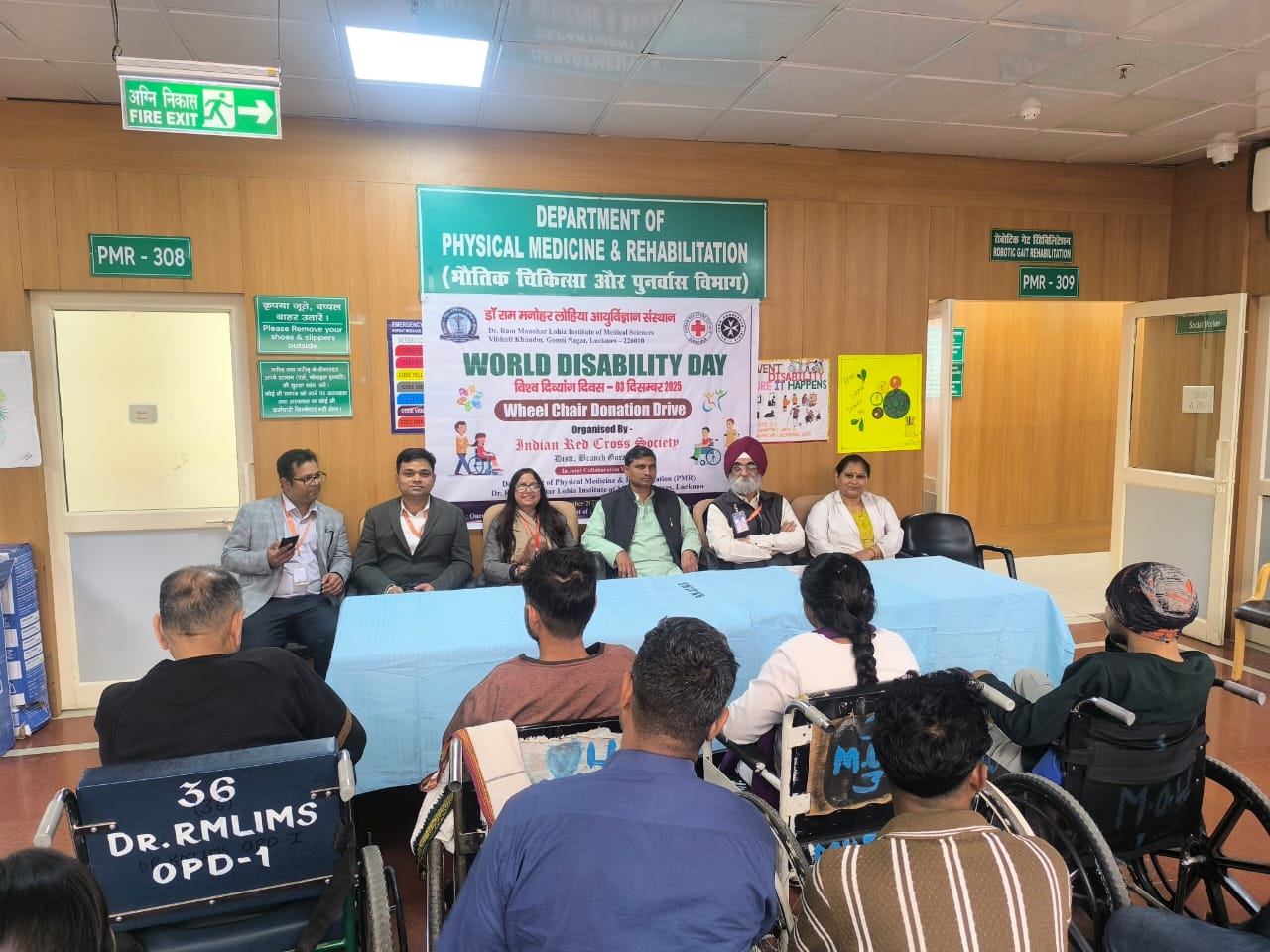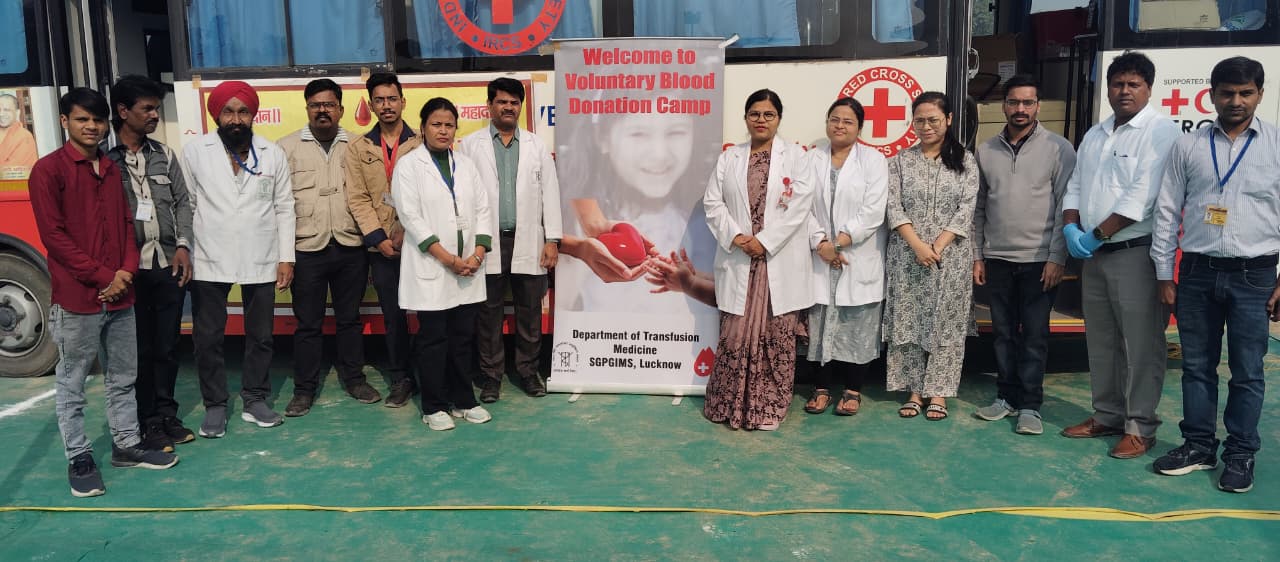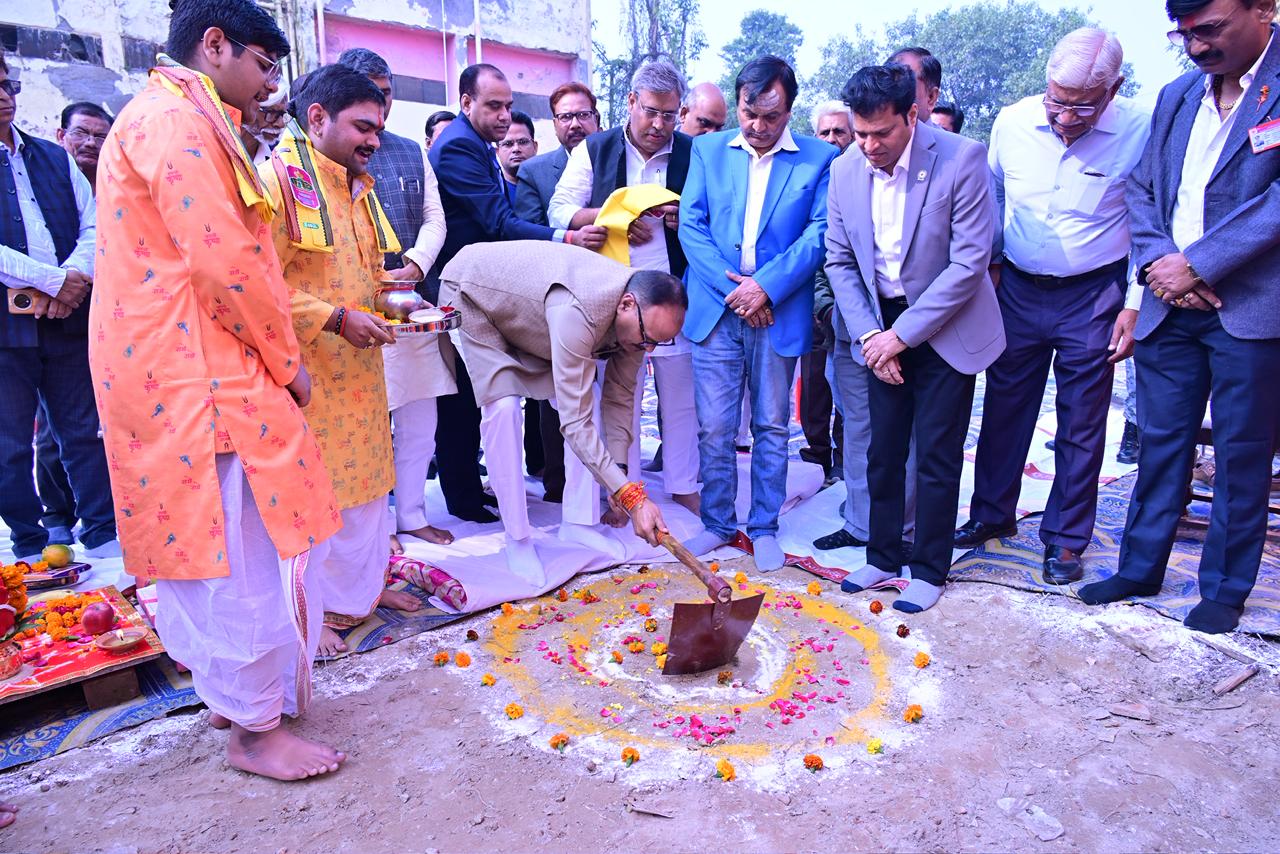ALWAYS READY TO HELP..
Disaster Management
Poverty and war, Flooding and drought, Earthquakes and environmental disasters. Billion people were affected by disasters in the past. The impact is high; leaving people traumatized by the death of family and friends, their lives devastated by the loss of homes, possessions and stocks of food.Disasters are becoming more complex, with increasingly long-term consequences as they strike countries with economic problems or political instability, and weaken already fragile public services such as health, water and sanitation. Recurrent crises, such as floods year after year, give people and their crops no time to recover.
Poverty and war, Flooding and drought, Earthquakes and environmental disasters. Billion people were affected by disasters in the past. The impact is high; leaving people traumatized by the death of family and friends, their lives devastated by the loss of homes, possessions and stocks of food.
Disasters are becoming more complex, with increasingly long-term consequences as they strike countries with economic problems or political instability, and weaken already fragile public services such as health, water and sanitation. Recurrent crises, such as floods year after year, give people and their crops no time to recover.
Disasters disproportionately affect the poor: over 90 per cent of the total of disaster-related deaths occur in developing countries, where the economic losses they cause hit far harder than in industrialized nations and can wipe out years of economic development.
As a result, the impact of disasters has increased dramatically in the last few decades in terms of the number of people affected and the length of time they are affected for. This trend is expected to keep rising in coming years.
As a result, the impact of disasters has increased dramatically in the last few decades in terms of the number of people affected and the length of time they are affected for. This trend is expected to keep rising in coming years.
Bringing emergency relief to refugees and victims of poverty and disasters has been a key activity of the Red Cross and its member Red Cross and Red Crescent Societies for the last several years.
The emergency phase of a relief operation aims to provide life-saving assistance; shelter, water, food and basic health care are the immediate needs; along with a sense of humanity and a sign that someone cares. Subsequent needs include reconstruction and rehabilitation. These needs can continue for several years, particularly in the case of refugees and victims of socio-economic collapse. IRCS approaches to disaster response on these lines and works to improve the quality of humanitarian assistance provided to beneficiaries. The Indian Red Cross Society has been equipping itself with its manpower and physical infrastructures for a nation-wide Disaster Preparedness/Disaster Response (DP/DR) programme. .The urgent and serious need for substantial disaster preparedness measures in India had been recommended by a number of agencies (including DFID and the UK Disasters Emergency Committee) after major disaster response operations for the 1998 Super Cyclone in Orissa, the 2000 floods in Assam and the massive earthquake in Gujarat in 2001,Tsunami in 2004,Floods and earthquake in 2005.It is proved that the amount spent in prevention pays richly and saves a lot in relief.





